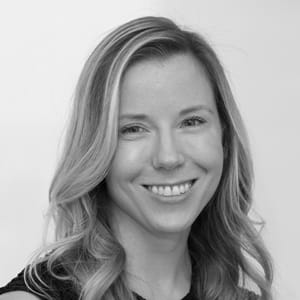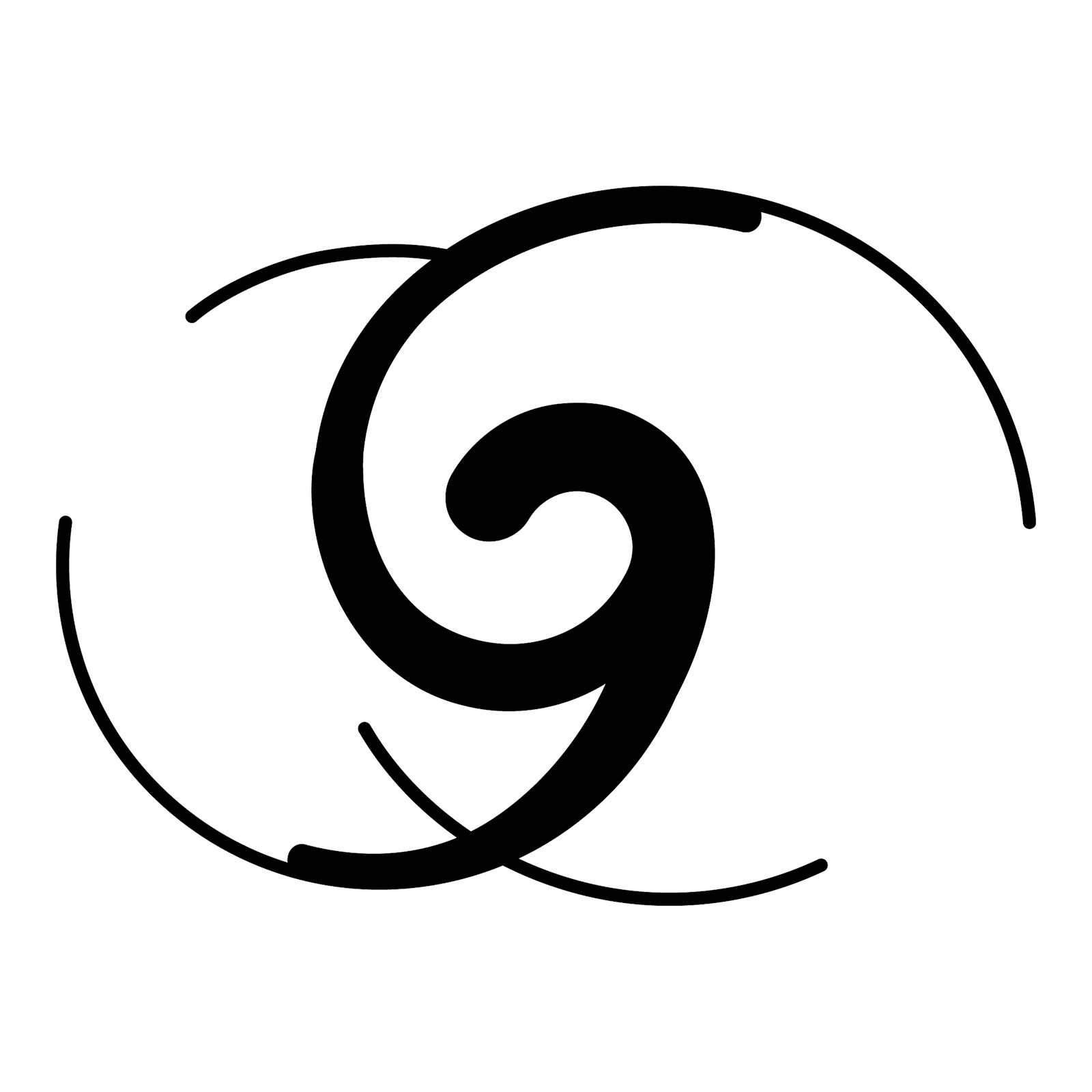Staff Spotlight: Sonya Dougal, PhD
Sonya Dougal, Senior Vice President of Scientific Programs and Awards, talks about her STEM journey.

Tell us what you do for the Academy.
When I first came to the Academy, I was a program manager on the conferences team. The very first conference that I planned from start to finish was on neural prosthetics, called Building Better Brains: Neural Prosthetics and Beyond, which was funded by the Aspen Brain Forum.
Now, 15 years later, I provide strategic oversight for the conference portfolio across life sciences, physical sciences and engineering and sustainability. I also oversee our international awards portfolio, which includes the Blavatnik Awards for Young Scientists, as well as the Takeda Innovators in Science Award and the Tata Transformation Prize. Most recently, we have launched two new fellowship programs for postdoctoral scientists, which include the AI and Society Fellowship with Arizona State University, as well as the Leon Levy Scholarships in Neuroscience.
What has — so far — been your proudest accomplishment working for the Academy?
We surveyed our conference attendees about the impact our conference had on their research and career. I think it’s incredible that one-third of respondents changed the course of their research in response to what they learned from our speakers. I’m really proud that our conference programs are impacting the research enterprise in that way. I had the same experience at an Academy conference as a post-doc.
I’m also really proud of the opportunities that the Leon Levy scholarships are providing for neuroscience post-docs in NYC. They receive mentorship from an established scientist in addition to their research PI, they have financial support to care for children or other dependents, and they receive professional development opportunities that will be invaluable no matter what career path they choose. If they stay in academia, it’ll help them set up their lab. If they leave academia, it’s going to help them to find a new job because they’ve been properly prepared. So it’s just been so gratifying for me to be a part of launching this new partnership.
Why, in general, are you proud to work for the Academy?
Well, for one thing, the Academy is a very old and esteemed scientific institution. But it’s an institution that’s changed and grown to meet the challenges in society and in science over the past 200 years. I love that the Academy has risen to the challenge during really important times in history. For instance, we were one of the first organizations to hold a scientific conference on HIV in the 80s when there was a lot of stigma associated with HIV. During COVID, my team presented virtual programming that educated thousands of members of the public on key public health information.
I also think it’s important that we bring scientists together across sectors, disciplines, and stages in their careers. At one of my conferences, there was a line of postdocs and graduate students waiting to meet Jim Allison the year he won the Nobel Prize. There aren’t many venues where, as a young trainee, you can meet your heroes in real life and have a chat with them about a research question.
Tell us your STEM journey. How did you first become interested in science, and how did you pursue it to become who you are today?
I started college as a music major thinking that I would become a professional clarinet player. The thing was, I had performance anxiety—I just hated going on stage. And that made me think about how anxiety impacts performance from a psychological and physiological perspective. So I ended up studying psychology — which hooked me on thinking about the mind – and I found a research lab that was studying skilled memory. I learned that I loved applying the scientific method to pose research questions and collect data as opposed to the subjectivity of music.
I went to graduate school in Pittsburgh where I did behavioral research, and then when I came to NYU for my postdoc, I used brain imaging techniques to study how emotion influences memory formation.
Why do you think science is so important to society?
I believe that most major challenges in society can be addressed by science. And because science is the key to understanding our world from how the universe was formed to the experience of human consciousness.
Which scientist (or scientists) would you most like to have dinner with and why?
Rudy Tanzi, a neurologist at Mass General. He plays piano and I really enjoy talking with him about music, science, and consciousness.
Another person who would be great is Richie Davidson, the cognitive neuroscientist who studied the neural activity of Buddhist monks while they were meditating.
I’d also like to meet Marie Curie because she was the only female scientist to win the Nobel Prize twice. I’d like to trade stories on the challenges of being a female scientist.
What hobbies or interests do you have outside of work?
Spending time with my son Thomas and my cats Cleopatra and Claudius, going to the beach and gardening on Cape Cod. And I love reading. Nabokov is my favorite author. He was trained as a scientist—he studied butterflies before he became a writer—and his prose is so elegant.
I recently started playing the clarinet again after 20 years and that has brought back a lot of memories and joy.
Warning: Undefined variable $showit in /var/www/nyas_develop/nyas/public/wp-content/themes/nyas-theme-child/includes/shortcodes.php on line 1802
